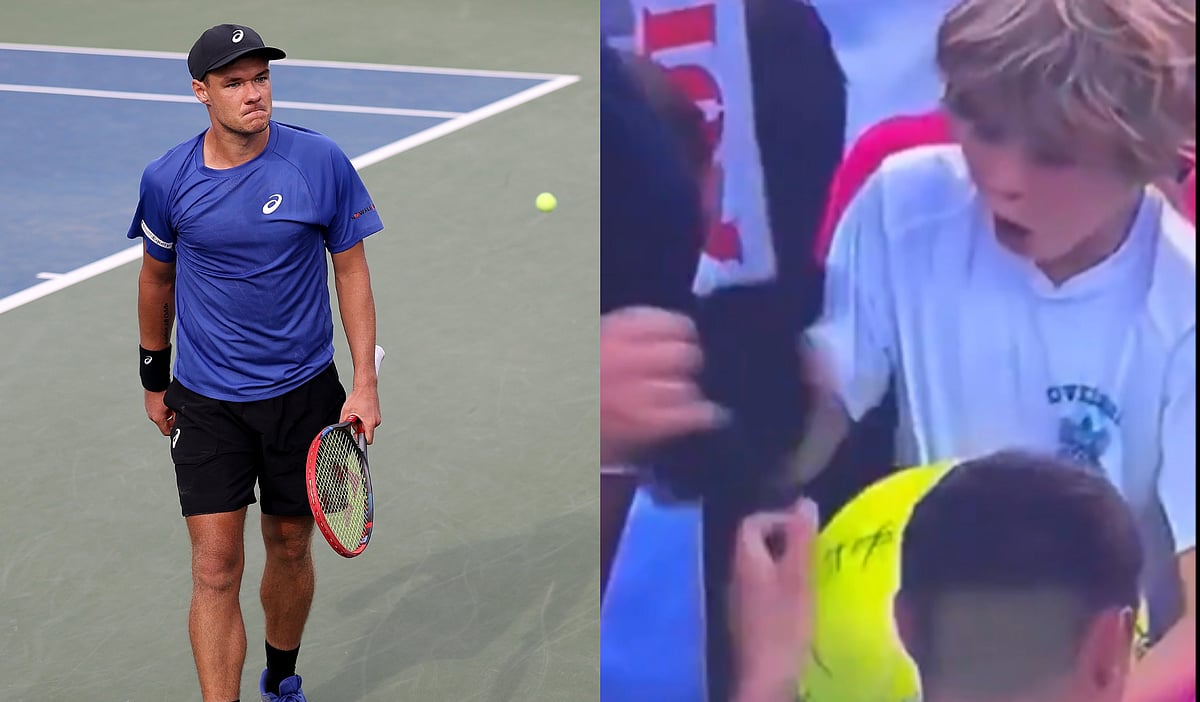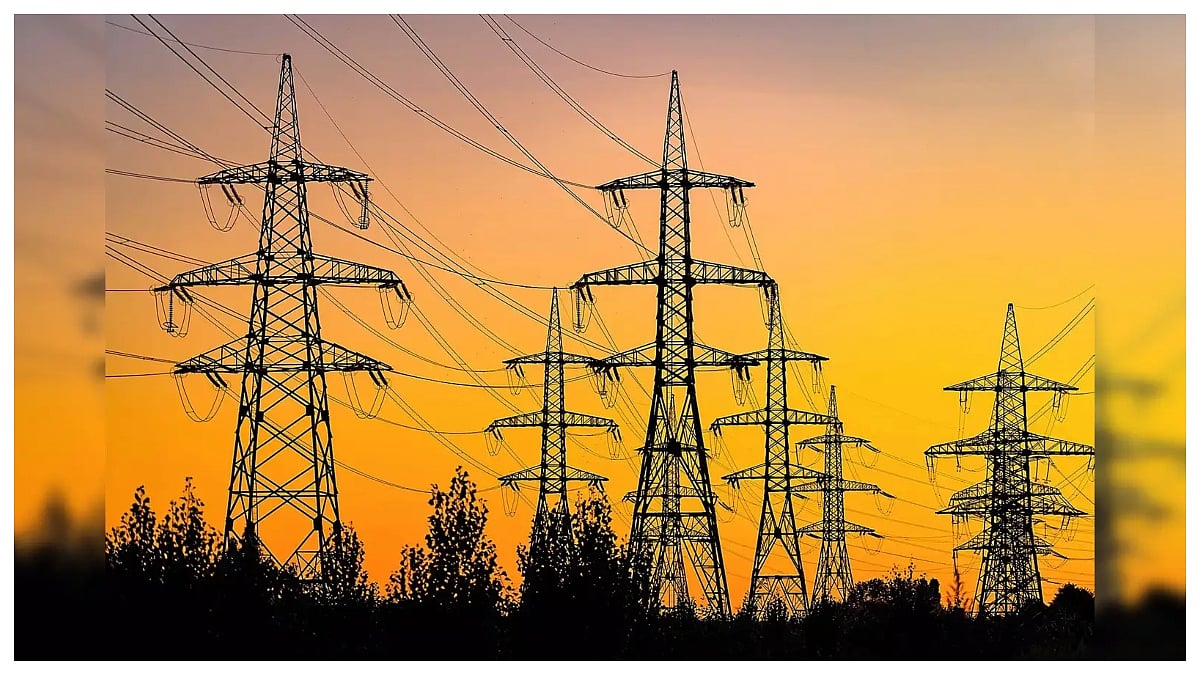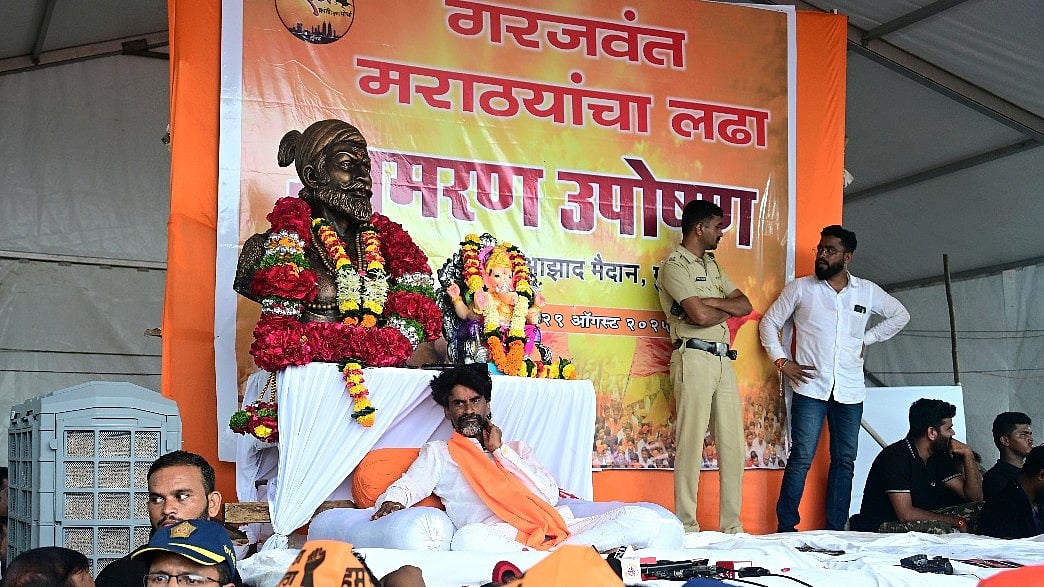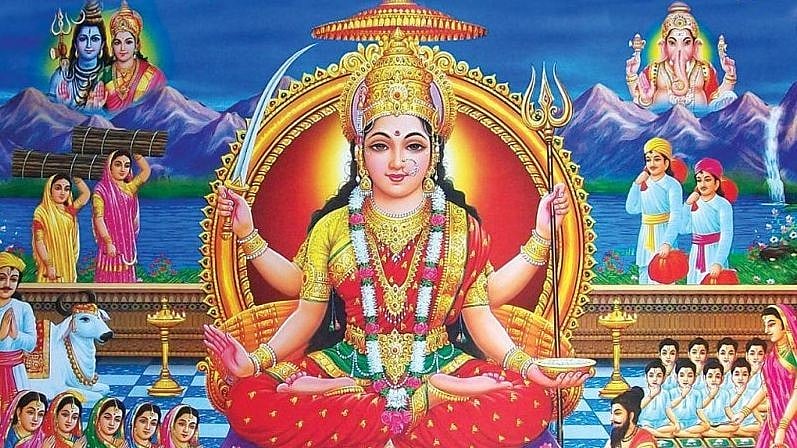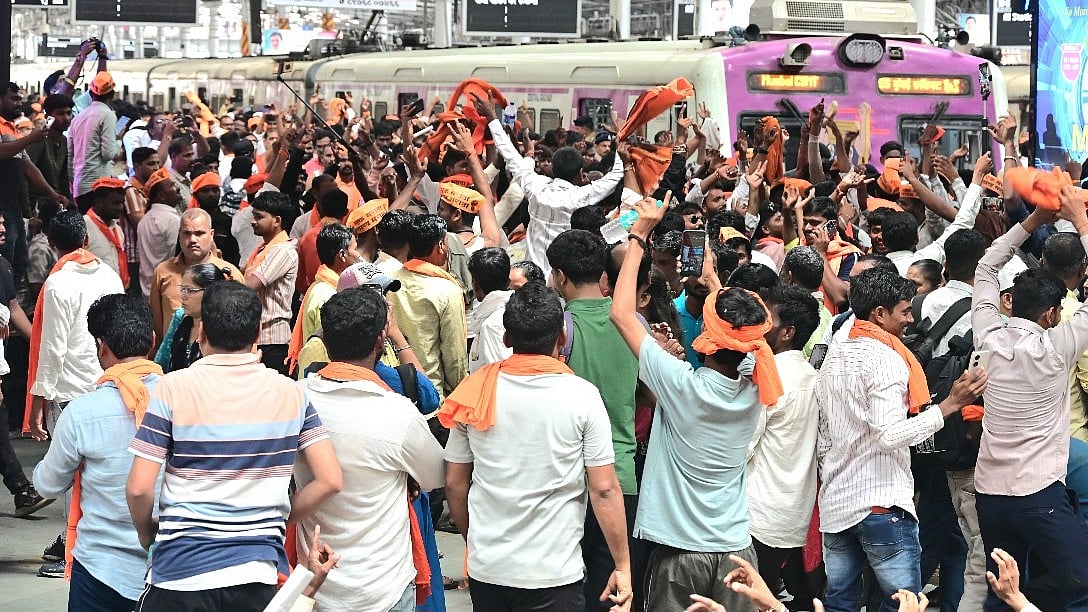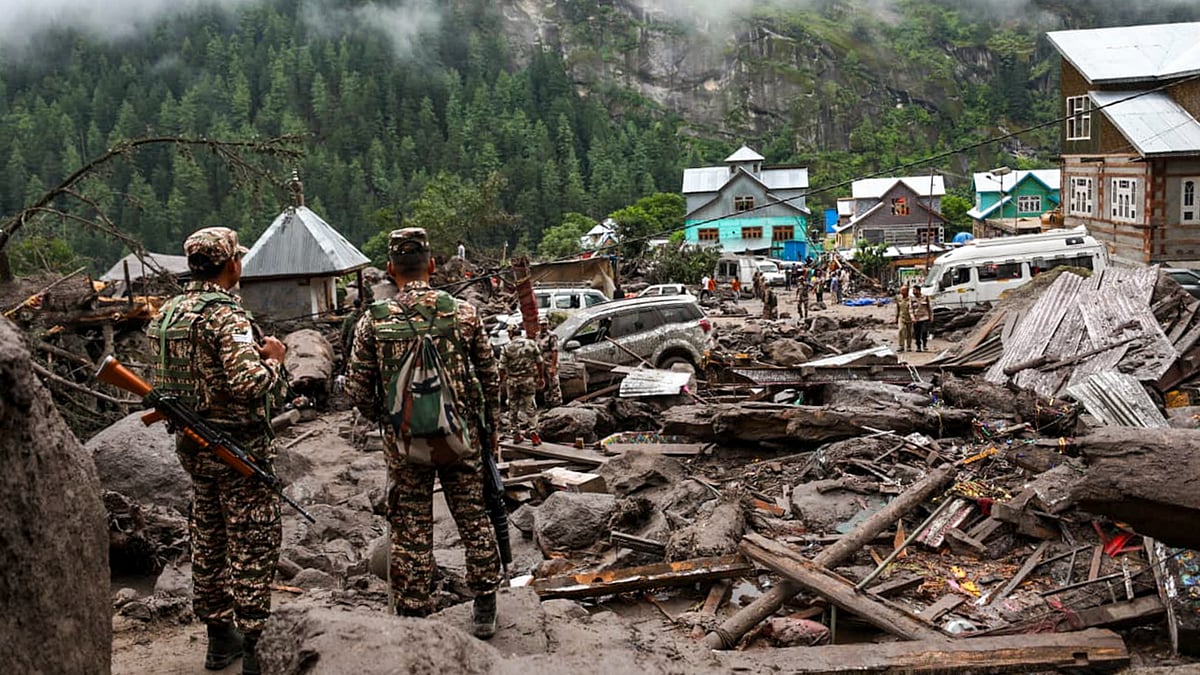The issue of observations by judges in the course of proceedings or in judgments is widely debated today. Almost everything about courts and judges is reported in the media. Courts are open for all and their functioning is in public domain, and judges and lawyers can hardly complain because they allowed media coverage. Excepting a few sensitive matters, access to media cannot be prohibited.
In a reported decision, (State of U.P. v/s Mohammad Naim) the Hon’ble Supreme Court held as under;
“At the same time it is equally necessary that in expressing their opinions judges and Magistrates must be guided by considerations of justice, fairplay and restraint. It is not infrequent that sweeping generalisations defeat the very purpose for which they are made. It has been judicially recognised that in the matter of making disparaging remarks against persons or authorities whose conduct comes into consideration before courts of law in cases to be decided by them, it is relevant to consider (a) whether the party whose conduct is in question is before the Court or has an opportunity of explaining or defending himself; (b) whether there is evidence on record bearing on that conduct justifying the remarks; and (c) whether it is necessary for the decision of the case, as an integral part thereof, to animadvert on that conduct. It has also been recognised that judicial pronouncements must be judicial in nature, and should not normally depart from sobriety, moderation and reserve.” (AIR 1964 SC 703)
This is followed consistently or referred with approval. In a later case decided in the year 1986, the Hon’ble Supreme Court held that “The Higher the Forum and the Greater the Powers, the greater the need for restraint and the more mellowed the reproach should be.” In two cases, reports of which recently appeared in the press, the caution administered by the Hon’ble Supreme Court to itself was not noticed by the concerned Benches. I am sure that if the advocates and parties had requested the Court to consider its earlier judgments, the judges may have toned down the remarks or not made them at all.I do not wish to go into the details of these cases. However, legal luminaries and commentators have overlooked the basic tenet that oral observations are not binding on either the parties or the court itself. The court can take a different view in future even if the same parties approach it. In the case of an office-bearer of the ruling party, it is pertinent to note that the same Bench of the Supreme Court protected her life and liberty when she approached it again. They were neither influenced nor carried away by their earlier oral observations against her. This is how fair, unbiased adjudication of disputes is done in our judicial system. Democracy is inbuilt in it. The protestors need to be patient. They launched a campaign against a Bench of the Supreme Court of India. If we attack our Constitutional institutions frequently, their reputation suffers, both locally and globally.Equally, while commenting upon another decision and the critical remarks therein, we failed to note that the observations were directed at a party before the Supreme Court that was represented by counsel. An application at the instance of that party to expunge the alleged adverse remarks and clarify the order is maintainable. Further, persons not parties to the proceedings but in regard to whom certain observations have been made can also approach the court with a similar prayer. These are known legal remedies, and the inherent powers of the court can be invoked for claiming equitable reliefs. Still, legal and social circles rushed to criticise the Supreme Court.Apart from this and with due respect, the Supreme Court ought to be aware of its earlier pronouncements. Today, old judgments are seldom cited. The attention of the division or larger Benches of the Supreme Court itself is hardly invited to the salutary principles laid down earlier. They are dependable and sure safeguards. An appropriate search command on the computer or any device gives us details of relevant judgments irrespective, of the parties and/or their counsel not referring them. On occasion, strategies are evolved to hold them back, hence judges need to be vigilant throughout. Blind faith and trust in litigants and their representatives is risky, to say the least; judges at all levels know the relevant decisions better. Not only is thorough research and study peremptory for avoiding conflicts and controversies, in the hierarchy the views of the highest court do bind the courts below it.The extreme reactions and responses were uncalled for. At least, retired judges of higher courts are expected to be well versed in law, circumspect and prudent. These experienced and erudite personnel know that in matters of life and liberty no trial court will convict anyone by relying only on observations of higher courts. In law they are not equated with ratio of binding judgments and orders. In the case pertaining to the communal riots in the state of Gujarat, the activists and others cannot be convicted without solid proof of cheating, forgery and falsification of public records. No court can hold them guilty by relying upon the Supreme Court judgment that upholds the investigation report. Investigation reports are not evidence by themselves, and conviction of those objecting to its contents would not necessarily follow. The prosecution will have to establish and prove the above charges by legally admissible evidence. The trial is not going to proceed or conclude as apprehended by the critics; rather, the trial court is duty bound to consider the entire oral and documentary evidence placed before it. The burden to prove the charges rests solely on the state. In a criminal trial charges have to be proved beyond reasonable doubt, and the outcry was therefore not required.In the circumstances, everything said recently was eminently avoidable. “Justice consists in taking from no man what is his.” (Thomas Hobbes, Leviathan). Are we to assume that judges everywhere are unjust?Justice Satyaranjan C Dharmadhikari (Retd) is the former permanent judge of the Bombay High Court

